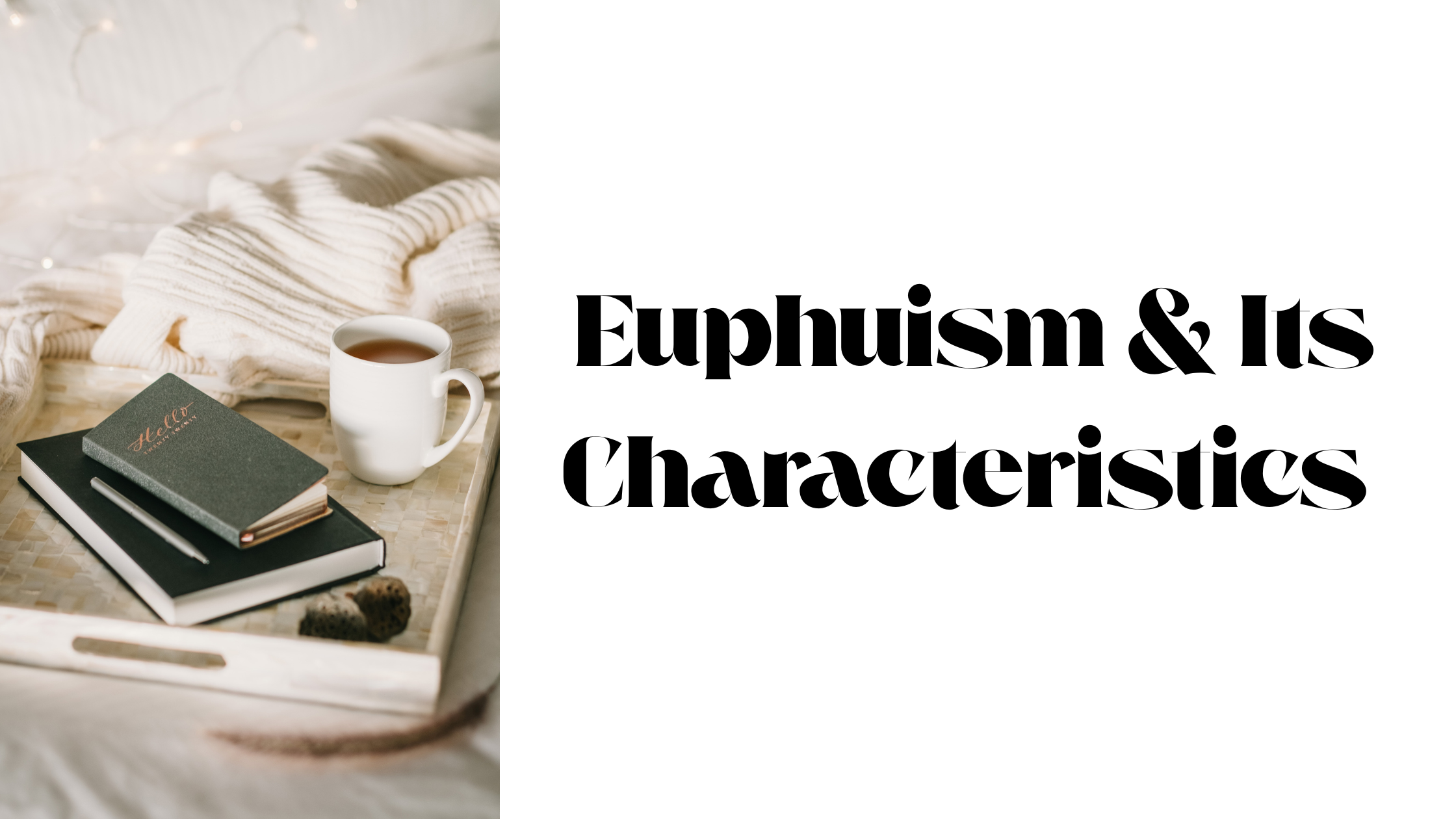Euphuism is an elegant Elizabethan literary style characterized by an excessive use of balance, antithesis, and alliteration, as well as frequent use of similes drawn from mythology and nature.
The word is also used to denote artificial elegance. It was derived from the name of a character in the prose romances Euphues: The Anatomy of Wit (1578) and Euphues and his England (1580) by the English author John Lyly. Although the style soon fell out of fashion, it played an essential role in the development of English prose. It appeared at a time of experimentation with prose styles, offering prose that was lighter and more fanciful than previous writing.
The Euphuistic style was used less frequently in the 17th century because it was regarded as overly ornate and artificial. However, it provides a telling insight into the cultural and fashionable concerns of its period. Some royal historians argue that the style influenced the language of the royal court throughout the period.
Characteristics of Euphuism:
- Euphuism, taken from the name of Lyly’s character Euphues, meaning graceful and witty in Greek, is constructed using very particular rhetorical techniques. Antithetical balanced sentences are comprised of two matched clauses that have a contrasting meaning.
- Oppositions the contrasts in the sentences are often denoted by phonological patternings like alliteration or assonance, and by words, which although different in meaning, are similar in spelling or pronunciation.
- Conflicting Meaning: The conflict in meanings is generated in this style because of the way that puns are used; references to common proverbs and natural history, for example, where there is some play on the duality of meaning.
- Aural Ornateness, the balance and antithesis of Euphuism, gives rise to a distinctive tone in its delivery. Prose Only Euphuism is a prose form only and cannot be discerned in verse.
- In fact, the most ornate and baroque prose styles of some early 17th-century writers suggest that Lyly’s influence was considerable.
- Prose only; Euphuism is a prose-only form.
The influence of euphuism can be seen in the works of such writers as Robert Greene and William Shakespeare for example Comedy of Errors, Two Gentlemen of Verona, Love Labour’s Lost, etc. Both of them imitated the style in some works and parodied it in others.

Leave a Reply